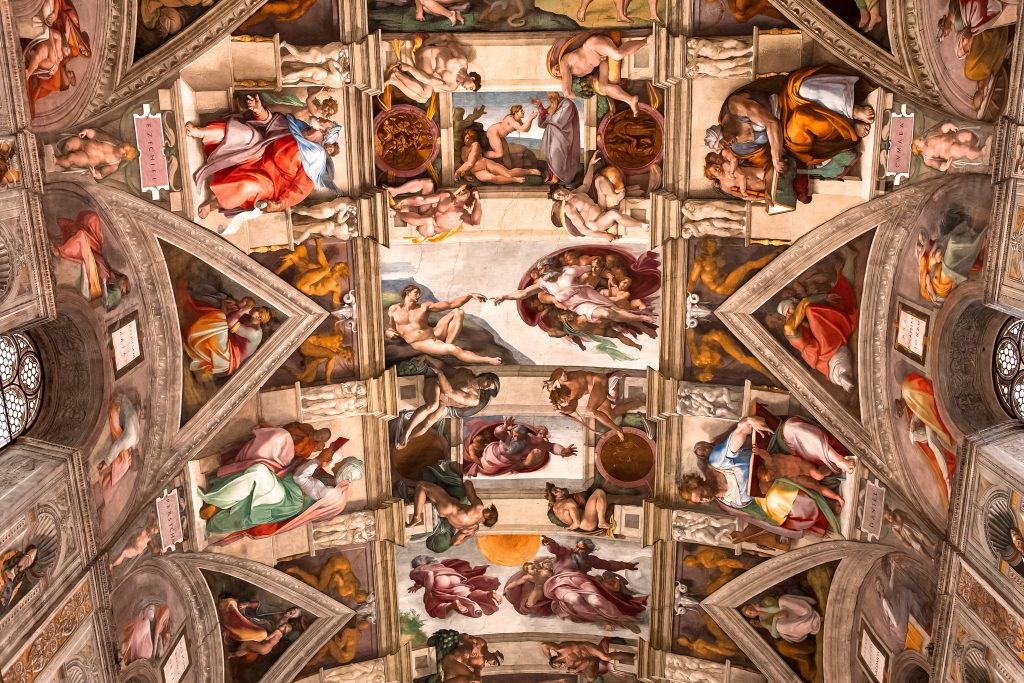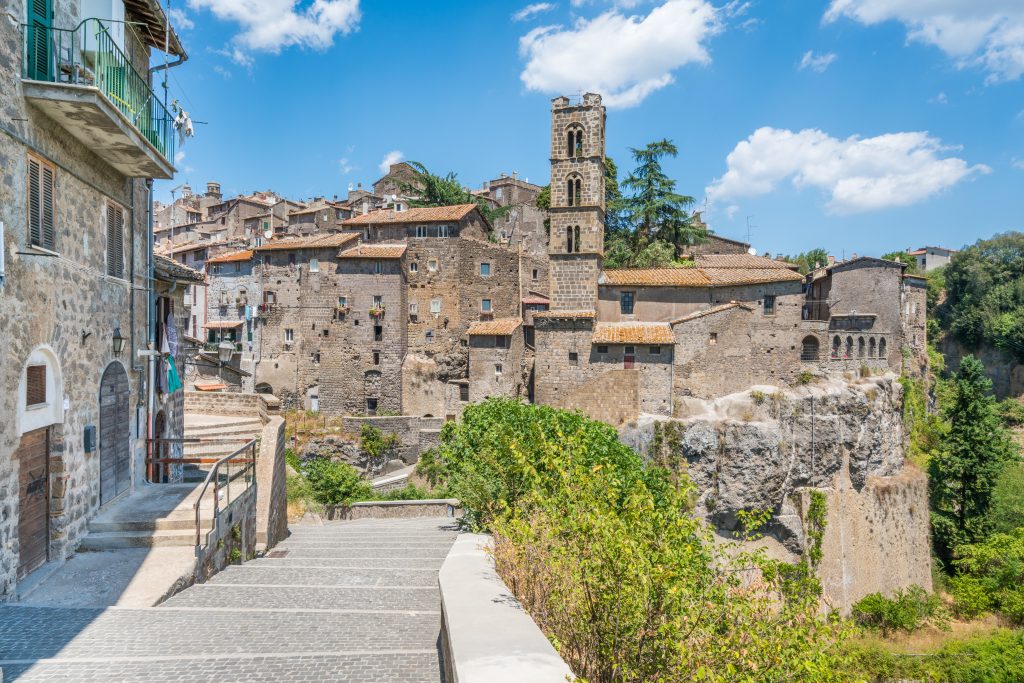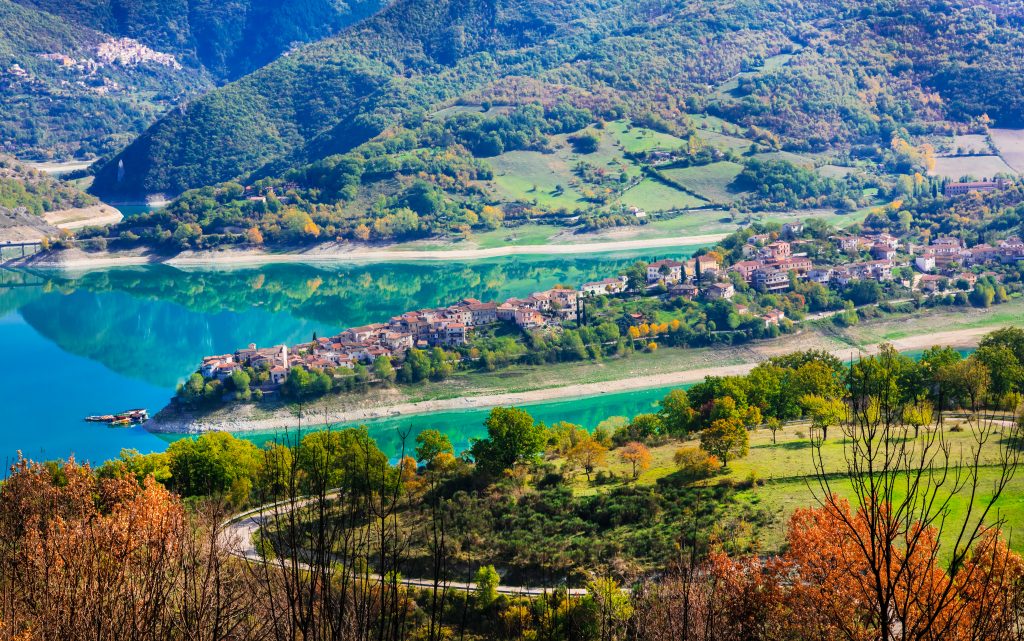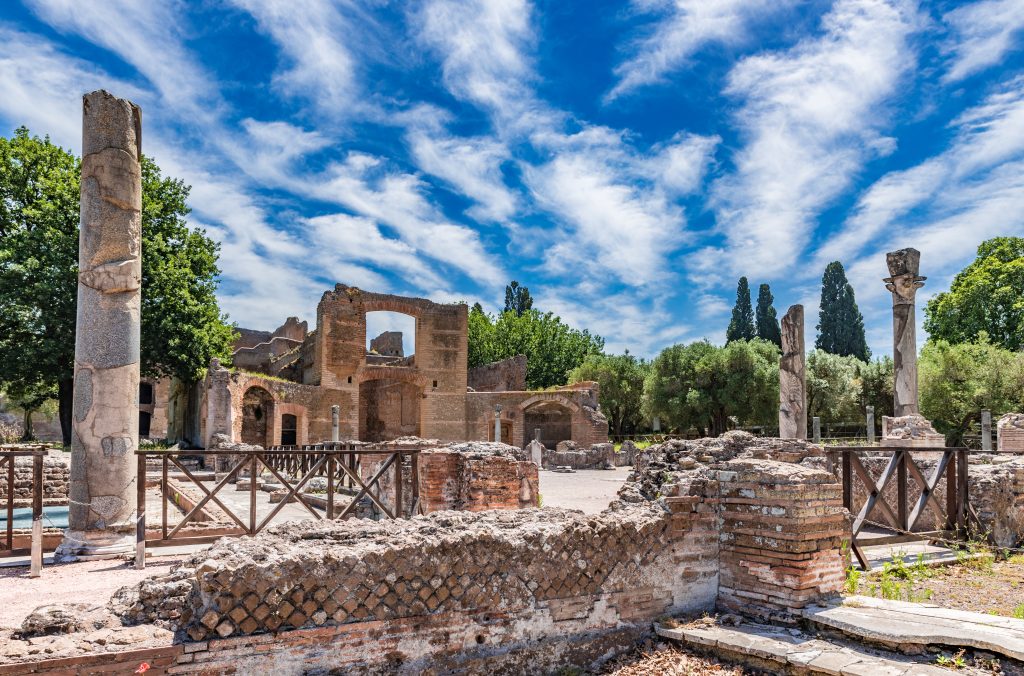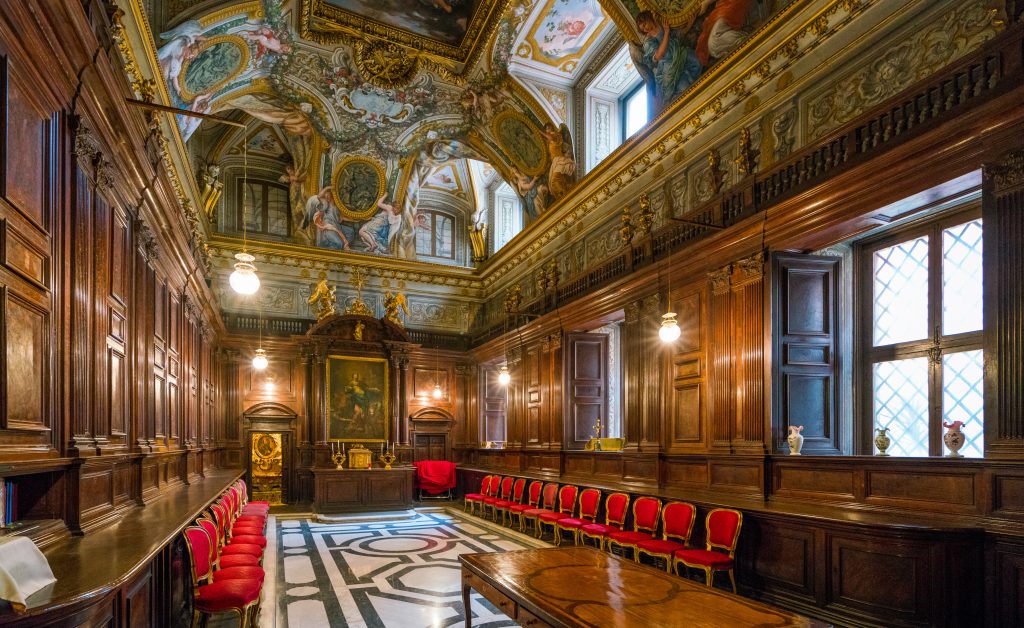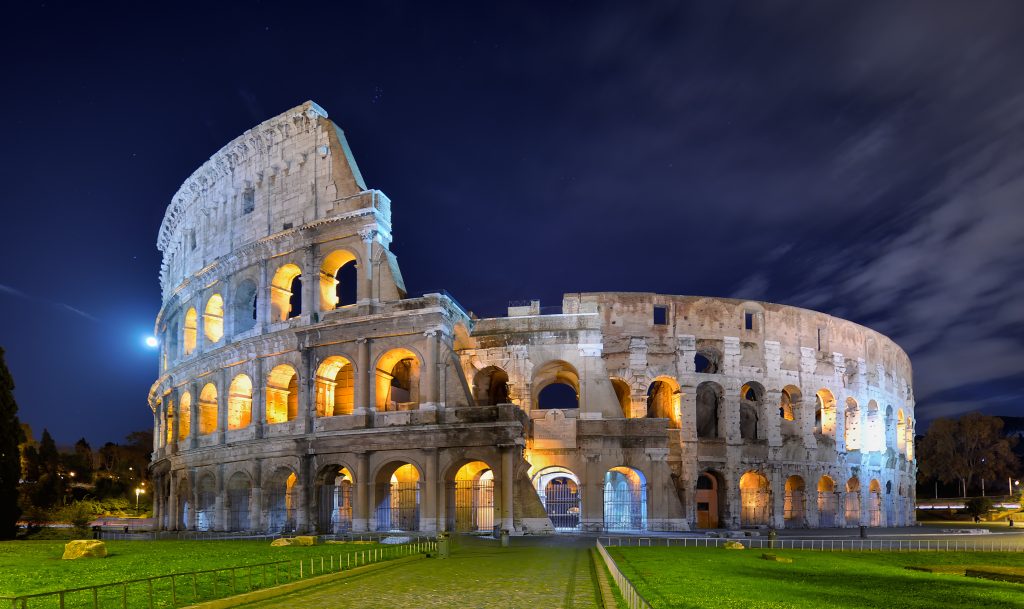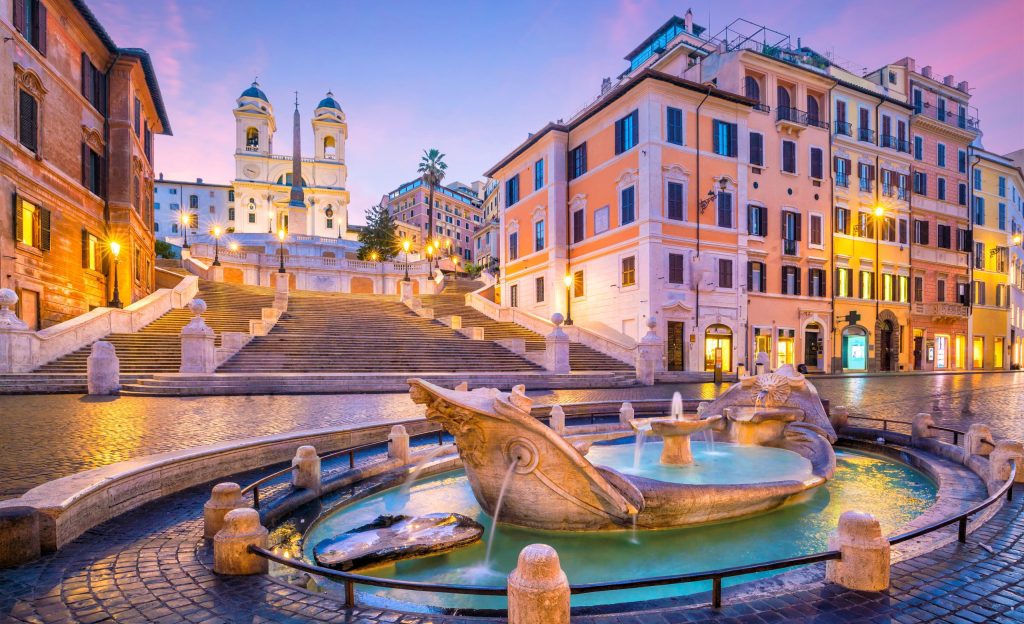history of the capital Rome
The capital of the Lazio region and Italy is one of the most stylish metropolises in Europe and is home to masterpieces from the Renaissance, Baroque, Roman Empire and Ancient periods. Read more about the important history of the "eternal city" of Rome and the Vatican City State!
The history of Rome
The legend of Romulus and Remus
Rome is called the “eternal city” because its foundation dates to 753 BC! The legend of Romulus and Remus and how a she-wolf raised the two brothers is world-famous. According to the story, Romulus founded the city of Rome on the famous seven hills above the Campagna marshes: Caelius, Aventine, Capitoline Hill, Quirinal, Viminal, Esquiline and Palatine. He built a wall around the newly founded city, for which Remus mocked him and for which his brother slew him. The legend of the two brothers embodies the tribes of the Latins and Sabines, who had lived on the seven hills of Rome since the 10th century BC. Around the 8th century BC, the Etruscans became the greatest power in Italy and united the various tribes to form the city of Roma. This is very close to the official founding year today. The city-state quickly developed into the most important power in central Italy. The rational organisation of the Roman state and military system gave them a clear advantage over their political enemies.
The Roman Empire and the rise to world power
The Roman Empire grew larger and larger and increasingly difficult to control. Gaius Julius Caesar soon became sole ruler and, fearing a dictatorship, his foster son Brutus was ordered to assassinate him in 44 BC. Rulers such as Augustus, Tiberius, Nero and Emperor Trajan followed, under whom the Roman Empire reached its greatest expansion from England to North Africa. It was not until Emperor Constantine came to power in 312 that the Christians won the day. The capital of the Roman Empire was moved to Constantinople and the empire split into the Eastern and Western Roman Empires.
Until the 8th century, Rome was under the influence of the Byzantines and its importance declined increasingly. The monuments of the empire gradually disintegrated and civil war-like conflicts broke out between the great noble families. The role of the Pope and the Catholic Church had not yet been consolidated. In the late Middle Ages, the Pope even moved his official residence to Avignon, because the situation in Rome had become too insecure.In the 16th century, the longed-for upswing finally came: Rome became the capital of Catholicism and the Papal States became the most important secular power in central Italy. At the end of the 18th century, Rome fell to the French in connection with the French Revolutionary Wars and Pope Pius VI was imprisoned. It was not until 1870 that Rome became the capital of the state of Italy, founded in 1861. The Italian king moved from Florence to the Tiber and immigrants from all over Italy flocked to Roma. Within 20 years, the population doubled.
The power of the Vatican State was broken and the young Italian state considered the head of the Catholic Church to be an adversary. The conflict ended in the Lateran Treaties in 1929 under Mussolini. From then on, the Vatican State confined itself to the territory within the medieval Leonine walls. In return, the state guaranteed the existence of the Catholic Church in Italy.
Booking and information
Discover the most beautiful treasures and special features of the city of Rome on a Rome trip, a team retreat or an individually designed corporate incentive for groups! Please send us a non-binding enquiry via our contact form. You can also reach us at +49 611 945879-42. We look forward to receiving your enquiry!
Contact us to plan
your event or trip in Italy
Contact us now for a free consultation to plan an extraordinary experience for you and your guests!
